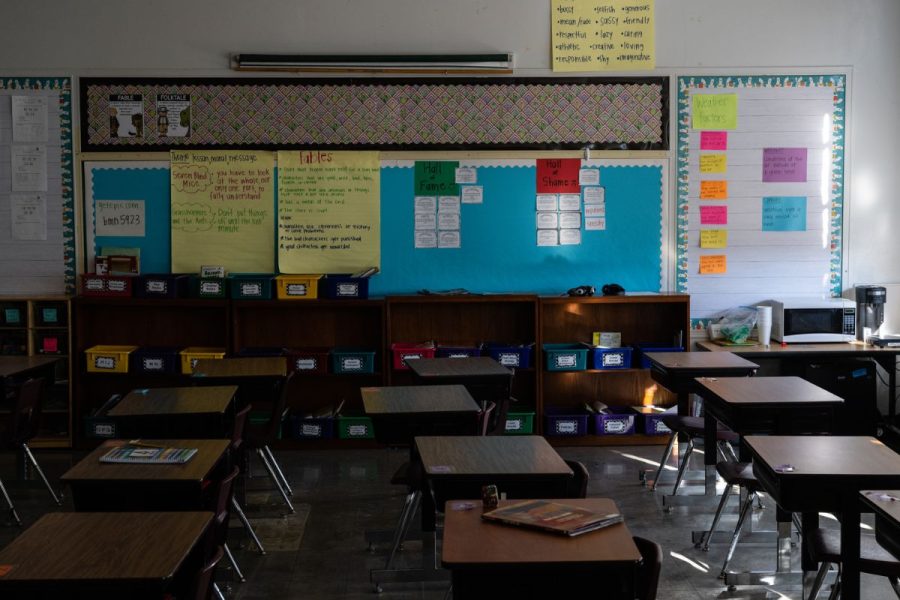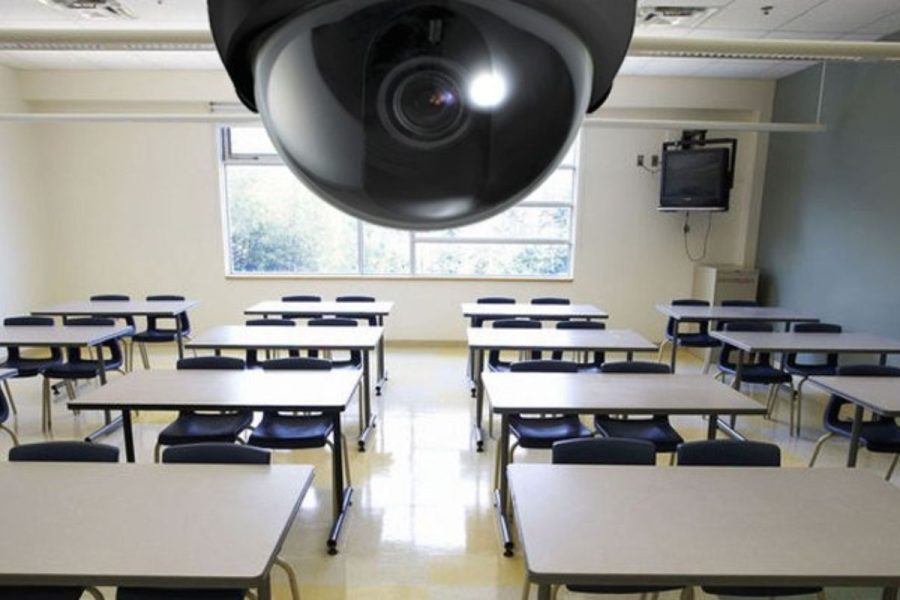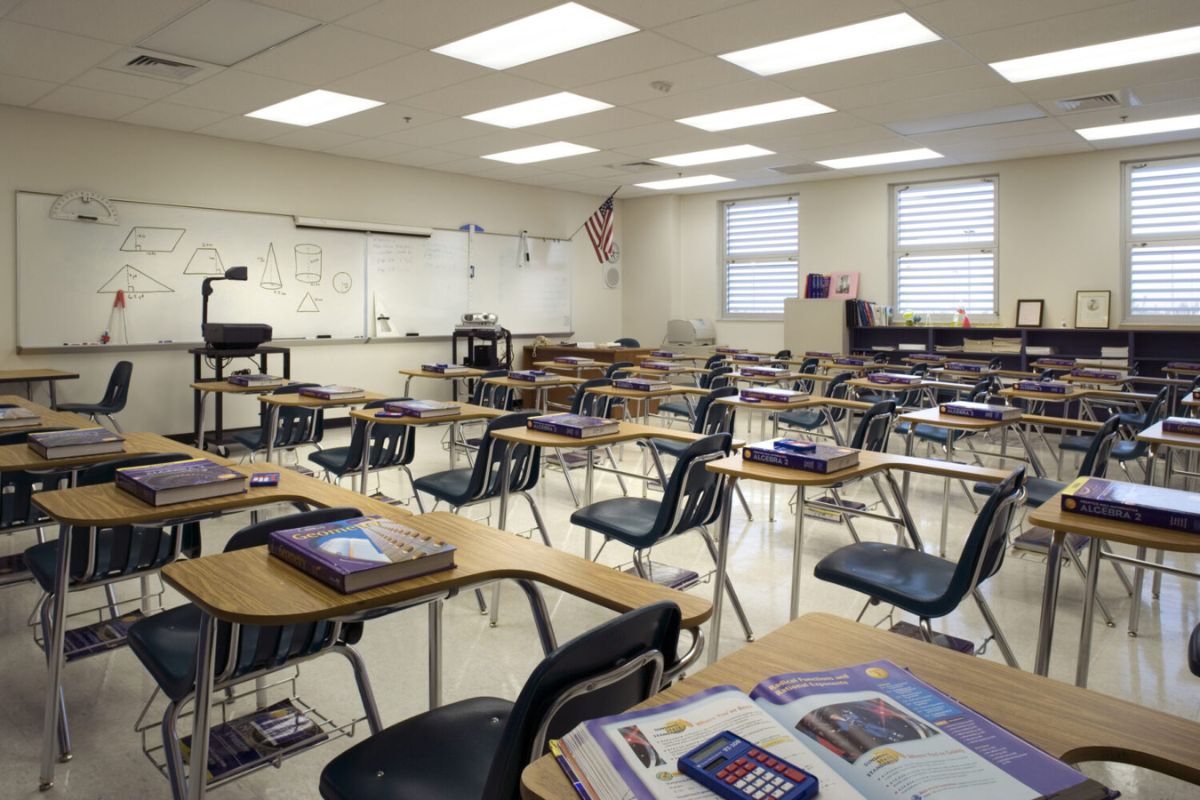Alabama Enhance Special Ed Camera Program: Alabama Senator Arthur Orr is leading a major overhaul of the Special Education Camera Program in the state, focusing on boosting accountability in classrooms. The initiative, established in 2023 with Tyler’s Law, addresses concerns of abuse and neglect with cameras. A $500,000 grant has been allocated to Madison City, with potential for more funding on October 1.
Challenges like district communication are being addressed by creating proactive outreach strategies. Superintendent Mackey’s leadership aims to expand district involvement. Community response is expected to be positive towards the enhanced program. More details on the improvements and future plans are available.
Introduction to Cameras in Special Education Classrooms
In the domain of special education classrooms, the introduction of cameras has emerged as a pivotal tool for enhancing transparency and accountability in monitoring student welfare and educational interactions.
Alabama Sen. Arthur Orr, R-Decatur, is spearheading efforts to enhance requirements for the Cameras in the Classroom Grant program, which aims to assist schools in installing cameras in self-contained special education classrooms. Established in 2023 following the enactment of Tyler’s Law, the initiative is named after Kimberly McFadden’s son, who she believes experienced physical abuse in his South Carolina school. The program seeks to provide a voice for children who may be unable to speak for themselves and address concerns of abuse or neglect within these specific educational settings.
Allocation and Utilization of Grant Funds
The distribution and utilization of the allocated grant funds for cameras in special education classrooms in Alabama’s Madison City have raised important questions regarding broader statewide participation in the program. Currently, the full $500,000 allocation for these cameras has been designated to Madison City, with the potential for additional state funding to become available on October 1.
Despite this opportunity, Alabama State Superintendent Eric Mackey highlighted that no other school districts have indicated interest in accessing the grant funds. Senator Orr and special education advocates aim to promote wider involvement in the initiative to underscore the significance of these cameras in safeguarding vulnerable students. Encouraging more districts to participate is vital in enhancing student protection and ensuring accountability within special education settings.
Efforts to expand statewide engagement in the program are necessary for maximizing its impact and fostering a safer educational environment for all special education students in Alabama.

ALSO READ: Alabama’s DEI Ban Impact on Schools & Enforcement
Implementation Challenges and Plans for Improvement
Amidst the implementation of the special education camera grant program in Alabama, significant hurdles have emerged, prompting a critical evaluation of the operational framework and strategies for enhancement.
Despite the availability of funding, challenges such as the failure of the state department to notify schools about the grant program last year have hindered its success. This lack of communication resulted in limited interest from school districts, highlighting the importance of proactive outreach.
Senator Orr’s proposed solution involves including language in the state budget that directs the department to inform schools about funding opportunities, aiming to increase participation. Superintendent Mackey acknowledged the current lack of district interest but expressed intentions to improve outreach efforts in the future.
These challenges underscore the need for a more robust communication strategy to make certain that all eligible schools are aware of and able to take advantage of the special education camera grant program in Alabama.
Future Outlook and Community Response
With a focus on enhancing district participation in the special education camera grant program, Superintendent Mackey is spearheading an all-encompassing outreach strategy for the future. Anticipating a broader outreach strategy, Mackey aims to increase district involvement in the grant program. While Madison City Schools are set to receive the full $500,000 allocation for camera installation, Mackey envisions future funding to support schools encountering financial obstacles and those with a high proportion of nonverbal students.
The initiative reflects a commitment to safeguarding the well-being of special education students and ensuring accountability in educational settings. Despite potential challenges, the proactive approach taken by Superintendent Mackey underscores the importance of providing a supportive and secure environment for all students, especially those with special needs. Community response to the revamped program is expected to be positive, with stakeholders likely to appreciate the efforts to enhance transparency and safety within special education classrooms. By prioritizing outreach and inclusivity, Mackey’s strategy sets a strong foundation for the program’s future success.

News in Brief
Alabama Senator Arthur Orr leads a significant overhaul of the Special Education Camera Program, prioritizing accountability in classrooms. Established in 2023 with Tyler’s Law, the initiative aims to prevent abuse and neglect in special education settings. Madison City receives a $500,000 grant, with potential for more funding on October 1. Challenges like district communication are addressed through proactive outreach strategies. Superintendent Mackey’s leadership focuses on expanding district involvement. Community response is expected to be positive toward the improved program. The initiative aims to enhance transparency and safety for special education students statewide.
Our Reader’s Queries
Is it legal to have a camera in a classroom in Alabama?
Alabama school districts must install cameras in special education classrooms following legislation signed by Governor Kay Ivey last year. The law permits districts to seek full state funding for the cameras.
Are cameras required in special education classrooms in Texas?
In Texas, a law mandates school districts and public charter schools to install video cameras in specific self-contained special education classrooms and settings upon request from parents, staff members, principals, or school boards.
Why are there no security cameras in classrooms?
While some argue that cameras in classrooms violate privacy, measures like posting signs or obtaining explicit consent from parents and students can address concerns.
Is it okay to have cameras in classrooms?
Security cameras are permissible in schools, but certain considerations must be taken into account when implementing video surveillance on campus. Additionally, states have varying laws regarding school surveillance, underscoring the importance of consulting your state’s specific regulations.

